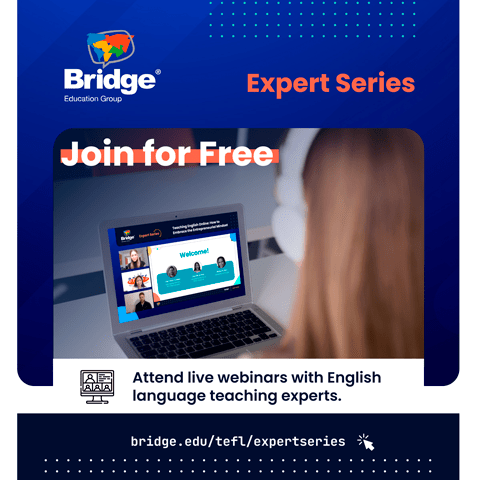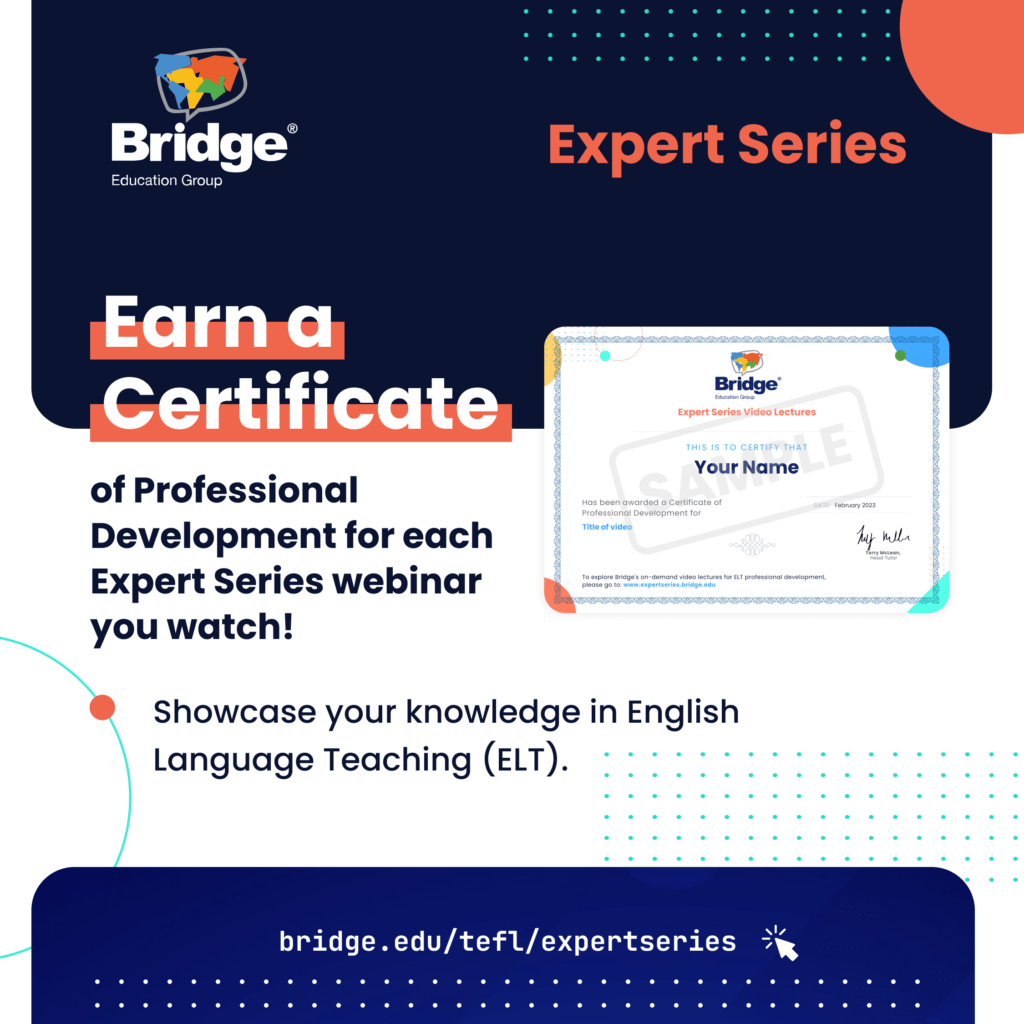In the ever-changing climate of higher education, universities are starting to work with international recruitment agents, or channel partners, who are based across the globe. Once the decision has been made to begin work with these global channel partners, typically the next question the university has is simply “how?” When it comes to working most effectively with international recruitment agents, it’s important to have realistic expectations, get into a good communication rhythm with them, and stay top of mind.
Understand university expectations.
Many universities expect the floodgates to open up immediately upon meeting with an agent partner and signing an agreement. The hope is that first you attend an industry event like AIRC or NAFSA and meet a new agent with whom you partner, and then the students just start arriving. Naturally, universities are disappointed when they happen to meet that same agent one year later, and still have never received any international students. However, the secret to effective agent relations lies in what you do after meeting and signing an agreement.
Make a communication plan.
When asked, most agents will say that they hope to be contacted regularly by their partner schools. Of course, “regularly” means something different for every school, but it is good for universities to come up with a plan. Consider resources, staff, and priorities to determine how frequently you can realistically communicate with your agent partners. Ideally, you should try to be in touch with them monthly or at least every other month. Many of these calls can focus on getting to know your partners and building the relationship with them. This is important because although our business conversations in the U.S. tend to mostly focus on the details of the agreement, this is not usually the case internationally. In fact, in many countries, people do business with associates with whom they have established relationship beyond surface level.
Stay top of mind.
When universities are in touch with key partners, it’s best to use this communication time to talk to them about your key selling points (what makes your school unique) and even to train them on your admissions process. The more you talk to agents, the more likely they are to keep your university top of mind. By doing this, after a while you won’t have to reintroduce yourself every time you call an agent partner; they will remember you and, more importantly, the unique characteristics of your institution that they can share with students.
Learn more about how BridgeGlobalEd helps universities establish and maximize relationships with channel partners to increase international student recruitment.










